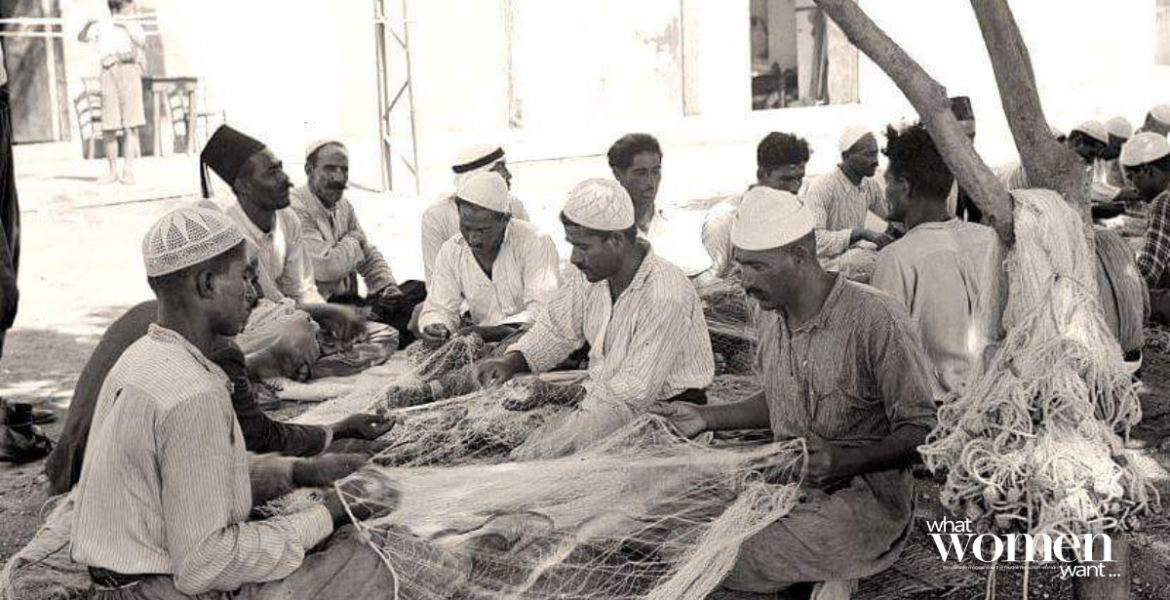“A land without a people for a people without a land”
A phrase used to deny and wipe away The Nakba, the horrendous displacements of natives from their land. The land which they have shared with their ancestors. The land that gave them olive trees, oranges, and watermelons. How can a land without people have an affluent culture? How can a land without people create a harmonic society for all? To truly grasp the gruesome nature of The Nakba, we must go back in time and examine pre-nakba Palestine.
Social Life

Palestine had a prosperous cultural and social life. It had numerous cafes, soccer clubs, and theaters. Yafa alone had seven daily newspapers. Since two-thirds of Palestinians lived in rural communities, the leading source of income was agriculture. In fact, it is still one of the resistance tools that the occupation consistently fails to destroy. Most villages were independent socially, had their own political entity, and were economically self-sufficient. The villages were mostly located on hilltops, and the houses were made of stone. Each village was led by the ‘Mukhtar’, who was usually chosen from the most prominent family.
Religious Harmony

Due to the religious ties of Palestine, it welcomed all religions with open arms. Neighbors, hospitals, and schools were a mix of Muslims, Jews, and Christians. Prior to the Nakba, Palestine was made up of twenty-nine towns. The majority of Arabs and Jews lived in mixed towns like Al-Quds, Haifa, and Yafa. Some towns were Arab towns, Al-Nasirah, Nablus, and Al-Khalil, while others were Jewish towns like Al-Shaykh Muwannis (Tel Aviv).
Jewish & Muslim Ties

Jewish people and Arabs created neighborly relations and cooperation developed. This was evident in the creation of joint political parties, associations, workplaces, and commercial ties. They were neighbors, classmates, workmates, and friends. A strong sense of community swept the nation. Palestinians would sleep with their doors unlocked. Until the growing motion of the two-nation movement, Zionism led to growing tension and violence.
Neighborhoods that were once standing tall are now gone. Built on their ashes are new settlements. The land that was well acquainted with generations of the same family is now weeping for their loss.

